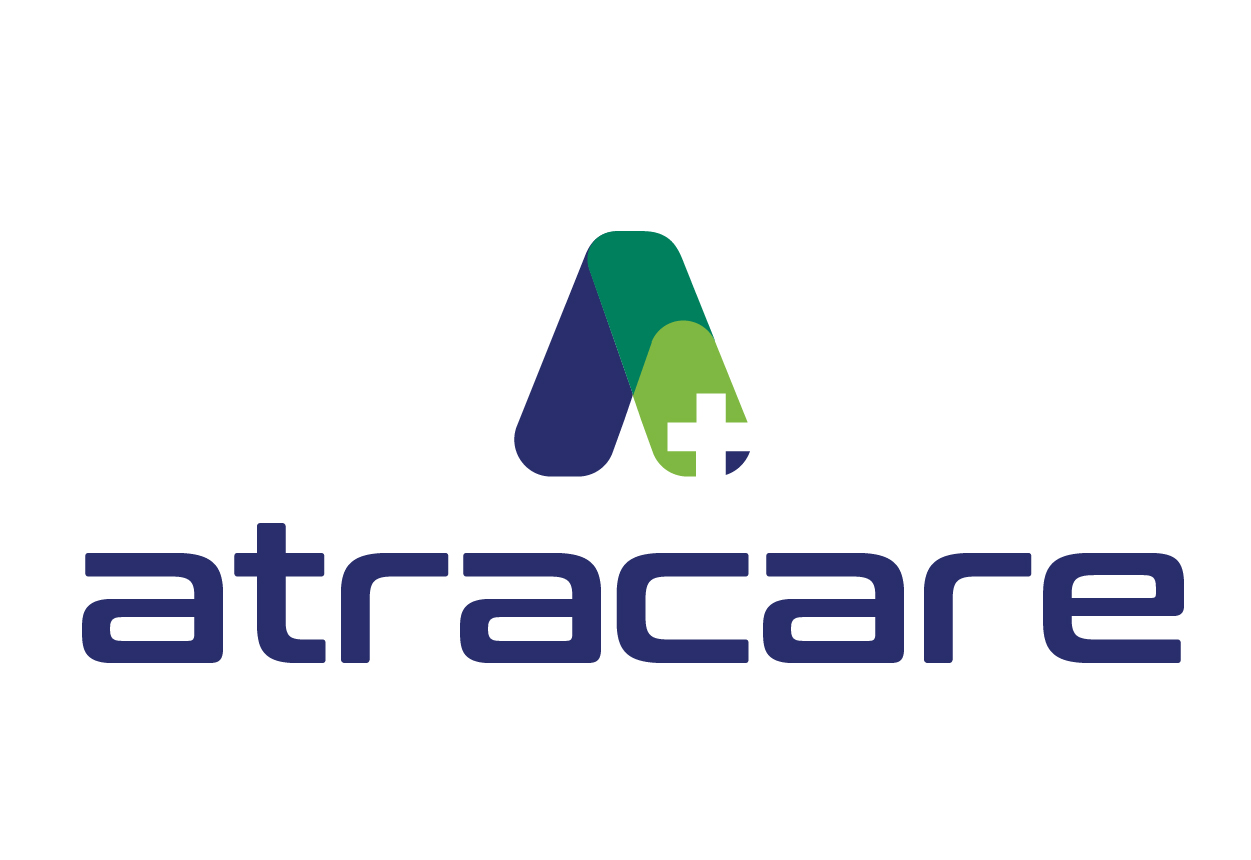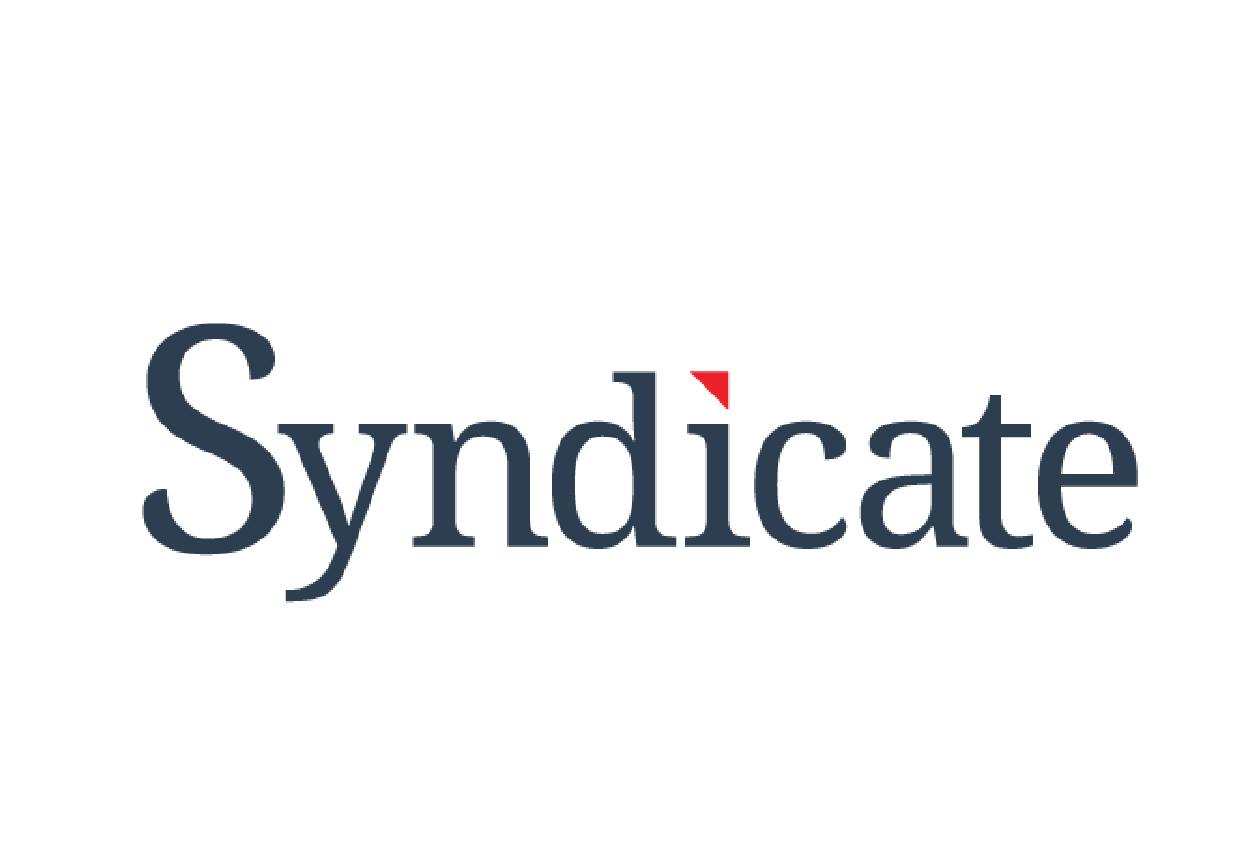While many retirees from the Northeast and Mid-Atlantic head to states like Florida or Texas for lower taxes and warmer weather, Delaware offers a more accessible option without moving too far south. The First State has no sales tax, very low property taxes, and provides significant tax deductions for various types of retirement income.
List Of Taxes One Can Expect – Comparing and Contrast VS New Jersey
1. State Income Tax:
- Social Security Benefits:
- Delaware: Does not tax Social Security income.
- New Jersey: Also exempts Social Security benefits from state income tax.
- Retirement Income Exclusion:
- Delaware: Residents aged 60 and older can exclude up to $12,500 of pension or retirement income from state income tax.
- New Jersey: Provides a substantial exclusion for retirement income. For the 2024 tax year, married couples filing jointly can exclude up to $100,000, single filers up to $75,000, and married individuals filing separately up to $50,000, provided their total income does not exceed $150,000.
- Tax Rates:
- Delaware: Employs a graduated income tax system with rates ranging from 2.2% to 6.6%, depending on taxable income.
- New Jersey: Also uses a graduated system, with rates from 1.4% to 10.75%, the higher rates affecting higher income brackets.
2. Property Taxes:
- Delaware: Boasts a low average effective property tax rate of approximately 0.57%.
- New Jersey: Known for high property taxes, with an average effective rate of about 2.47%.
In Cape May County, the rate is slightly lower at 1.12%.
3. Sales Tax:
- Delaware: Does not impose a state or local sales tax, allowing for tax-free purchases on goods and services.
- New Jersey: Levies a state sales tax of 6.625%, with certain items like groceries, clothing, and prescription drugs exempt.
4. Estate and Inheritance Taxes:
- Delaware: Does not have an estate or inheritance tax.
- New Jersey: No longer imposes an estate tax but maintains an inheritance tax, which applies to certain beneficiaries based on their relationship to the deceased.
5. Other Taxes:
- Gasoline Tax:
- Delaware: Imposes a tax of $0.23 per gallon on gasoline.
- New Jersey: Has a higher gasoline tax, currently at $0.414 per gallon.
- Alcohol and Tobacco Taxes:
- Delaware: Taxes cigarettes at $1.60 per pack and wine at $0.97 per gallon.
- New Jersey: Taxes cigarettes at $2.70 per pack and wine at $0.875 per gallon.
Delaware generally offers a more tax-friendly environment for retirees, with no sales tax, lower property taxes, and favorable treatment of retirement income. New Jersey provides significant exclusions for retirement income and does not tax Social Security benefits but has higher property taxes and a state sales tax. When considering a move to areas like Cape May, it’s essential to weigh these tax differences alongside other factors such as cost of living, healthcare, and personal preferences.
Cost Of Living – Expenses for Retirees in Delaware VS New Jersey
When comparing the cost of living for retirees in Delaware and New Jersey, several key factors should be considered:
1. Housing Costs:
- Home Prices:
- Delaware: The median home value is approximately $277,700.
- New Jersey: The median home value is around $421,500.
- Property Taxes:
- Delaware: Average effective property tax rate is about 0.57%.
- New Jersey: Average effective property tax rate is approximately 2.47%.
2. Utilities:
- Monthly Utility Costs:
- Delaware: Average monthly utility bill is around $128.73.
- New Jersey: Average monthly utility bill is approximately $125.49.
3. Transportation:
- Gasoline Prices:
- Delaware: Average price per gallon is about $3.30.
- New Jersey: Average price per gallon is approximately $3.54.
- Public Transportation:
- Delaware: Monthly public transit pass costs around $60.00.
- New Jersey: Monthly public transit pass costs approximately $153.50.
4. Healthcare:
- Healthcare Costs:
- Delaware: Ranked 16th in overall healthcare access and affordability.
- New Jersey: Ranked 14th in overall healthcare access and affordability.
5. Food and Groceries:
- Grocery Prices:
- Delaware: Overall grocery costs are about 5% higher than in New Jersey.
- New Jersey: Overall grocery costs are about 5% lower than in Delaware.
6. Entertainment and Leisure:
- Gym Membership:
- Delaware: Average monthly gym membership is approximately $24.92.
- New Jersey: Average monthly gym membership is about $56.62.
- Movie Ticket:
- Delaware: Average movie ticket price is around $11.62.
- New Jersey: Average movie ticket price is approximately $16.25.
7. Taxes:
- Sales Tax:
- Delaware: No state sales tax.
- New Jersey: State sales tax rate is 6.625%.
- Income Tax:
- Delaware: Graduated income tax rates ranging from 2.2% to 6.6%.
- New Jersey: Graduated income tax rates ranging from 1.4% to 10.75%.
Delaware generally offers lower housing costs, property taxes, and transportation expenses, along with the benefit of no sales tax. However, grocery prices and certain utilities may be slightly higher compared to New Jersey. New Jersey, while having higher property taxes and housing costs, offers lower grocery prices and slightly lower utility costs. Retirees should consider these factors in conjunction with personal preferences and lifestyle needs when evaluating relocation options.
Tax Brackets for Retirement Income
Delaware offers a deduction of $2,000 for taxpayers under 60 and $12,500 for those 60 or older, covering income from pensions or retirement accounts like a 401(k). Any income exceeding this deduction is taxed according to Delaware’s income tax rates:
| Delaware Taxable Income | Rate |
| $0 – $2,000 | 0.00% |
| $2,000 – $5,000 | 2.20% |
| $5,000 – $10,000 | 3.90% |
| $10,000 – $20,000 | 4.80% |
| $20,000 – $25,000 | 5.20% |
| $25,000 – $60,000 | 5.55% |
| $60,000+ | 6.60% |
Property Taxes in Delaware
Delaware has a 0.48 percent effective property tax rate on owner-occupied housing value.
Senior School Property Tax Credit
Delaware offers a Senior School Property Tax Credit to homeowners aged 65 and older, which can reduce their school property taxes by up to 50%, with a maximum credit of $500 per year.
No Sales Tax in Delaware
In Delaware, you won’t pay any sales tax, allowing seniors to save hundreds on purchases like clothing, food, entertainment, and medicine.
Estate and Capital Gains Taxes
Delaware repealed its estate tax in 2018, meaning estates under the federal threshold of $13.61 million (2024) are exempt. However, capital gains, including those from real estate or investments, are taxed as regular income.
Tax Exemption for Seniors and Disabled
Seniors and disabled residents of Delaware City can receive a $40,000 reduction in their property’s taxable assessment, along with a 40% discount on water fees, provided they meet income eligibility requirements.
Homeowners age 65 or over are eligible for a tax credit against regular school property taxes of 50 percent (up to $500). This credit may only be used against property taxes on a primary residence.
Important Changes to the Senior Property Tax Relief Program
On July 17, 2017 Governor Carney signed HB 99 which made the following changes to the State’s Senior Property Tax program:
Ten-year Residency Requirement for New Applicants
- Individuals who establish legal domicile in Delaware on or after January 1, 2018 will be required to have been legally domiciled within the State for a period of at least 10 consecutive years in order to be eligible to receive a credit. Individuals who establish legal domicile in Delaware AFTER December 31, 2012, but prior to January 1, 2018 will continue to be required to have been legally domiciled within the State for a period of at least 3 consecutive years in order to be eligible to receive a credit. Individuals who have established domicile in Delaware prior to January 1, 2013, will be eligible to receive the credit in the ensuing tax year.
Different places to live in Delaware

























